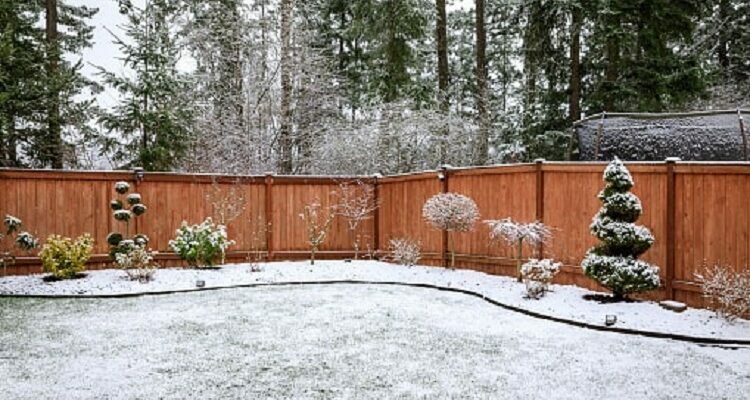When planning your winter lawn care, figure out how much time you can devote to caring for it. Is your schedule too hectic? Do you work long hours? Is the weather too severe where you live? Wherever you live, a couple of tasks must be done before winter. If they’re not finished, your lawn will suffer come spring.
Many homeowners in the colder regions take advantage of the winter months to rest their lawns. After all, it’s nice not having to mow or water all day long. However, with a bit of extra effort, you can have a beautiful lawn year-round. Not only will your neighbors be envious, but you’ll save money as well since you won’t have to pay for chemicals and seeds when your grass is dormant. The following winter lawn care tips will help you achieve this goal without much hassle.
Table of Contents
1- Aeration
An essential part of winter lawn care is aeration. Aerating your lawn in the summer is an excellent way to improve your soil’s health and allow moisture in a while, reducing compaction. In the winter, aeration allows vital nutrients from dying grasses to reach the roots where they’re needed most so that growth can begin again in spring. To aerate, rent an aerator from a local store or choose one which attaches easily to your riding mower.
2- Clean Up the Debris from Flower Beds and Shrubs
In addition to removing grass clippings that could turn into thatch, be sure to dispose of fallen branches, twigs, and other yard waste.
3- Trim Back the Tree Limbs
This is, so they don’t hang over the sidewalk or driveway. This will help keep snow off of the drive and make it easier for you to clear snow from outside the house.
4- Weeding and Fertilizing
Try to do some weeding and thinning during this time. This will help prevent future issues with your lawn later down the road. You can also add some compost or fertilizer while you’re doing this if it’s needed.
5- Pruning
If you prune any dead or diseased branches from your trees and shrubs in late winter or early spring before they leaf out, they will be less likely to get sick. Cut away any split branches, have dead spots, or look ugly. Trim only the ends, not below a node (where the branch is attached), promoting new growth in that area that could become infected with the disease.
6- Brush Up on Your Fall Clean-up Skills
It’s ideal for removing leaves before they fall. But if the leaves have already fallen, there’s still hope: Rake them into piles and use your mulching mower or a leaf shredder to chop them into small pieces and then deposit them in your compost bin. This will add valuable organic material to your soil, which is especially important if you’re planting a new lawn in early spring.
7- Deadhead Your Flowers
If you still have some perennials in bloom or other plants with dead blossoms, remove them now before they drop seeds onto the ground where they could germinate next year as weeds. You can prune these off at any time through winter—if it gets too cold.
8- Spray Pre-emergents
Pre-emergents are essential for lawn care in the winter months. They keep seeds from germinating and growing in your yard. They keep it from becoming an unwanted forest of weeds in the spring. Spray pre-emergents work best when used in colder temperatures.

















Comments